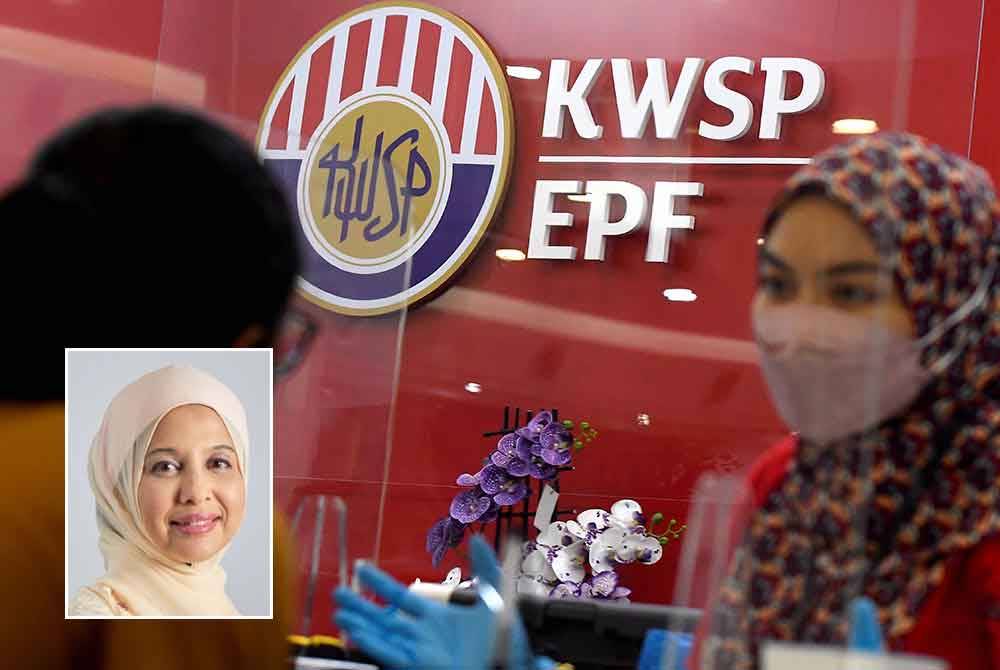EPF expresses confidence in Progressive Wage Policy to boost retirement savings

SHAH ALAM - The Employees Provident Fund (EPF) expresses confidence in the ability of the Progressive Wage Policy to increase members' retirement savings by 54 per cent in the future.
EPF Strategic Management Department Head Balqais Yusoff explains that a three per cent annual salary increase for members could lead to savings of RM64,500 at age 30 and RM512,500 at age 55, providing a monthly retirement income of RM2,100.
"A yearly salary increase, along with the Progressive Wage Policy's RM200 monthly incentive applied by employers to raise the basic salary, could further boost savings.
"This approach could result in savings of RM73,100 at age 30 and RM580,500 at age 55, translating to a monthly retirement income of RM2,400.
"This amount closely aligns with the estimated minimum expenses for elderly individuals in the Klang Valley according to the Belanjawanku study by the University Malaya's Social Welfare Research Centre (SWRC), University of Malaya," she told Sinar recently.
She said EPF members' basic savings are influenced by factors such as monthly salary, consistent work, contributions, EPF dividend rate, and refraining from withdrawing from Account 1.
Currently, the EPF's basic savings quantum at age 55 is RM240,000 in members' Account 1, providing a monthly income of RM1,000 for 20 years. For a 30-year-old member, the current basic savings quantum is RM35,000.
"Based on EPF's internal projections, an 18-year-old member earning a minimum salary of RM1,500 monthly could potentially have savings of RM54,800 at age 30 without any annual salary increment.
"By age 55, they could accumulate savings of RM333,300, equivalent to RM1,400 monthly for 20 years," she said.
While reaching the basic savings quantum is achievable with consistent contributions and staying within the formal sector, Balqais noted that even upon reaching this level, RM1,400 is below the poverty line income.
On the Progressive Wage Policy pilot project set to commence in June next year, Balqais indicated that its success could increase EPF's basic savings target from RM240,000 to RM340,000.
The EPF aims to align this quantum with the Belanjawanku study, considering 60 per cent of the minimum expenditure for an elderly individual in the Klang Valley, amounting to RM2,520 monthly.
The Progressive Wage Policy is scheduled to start in June next year, involving 1,000 employers and approximately four million employees earning monthly salaries between RM1,500 and RM4,999.
Economy Minister Rafizi Ramli has confirmed that the government will provide cash incentives ranging from RM200 to RM300 for each participating employee.
In August, the EPF recommended that Malaysians have a basic savings of at least RM35,000 at age 30 to meet the minimum required amount for post-retirement life.
Download Sinar Daily application.Click Here!














